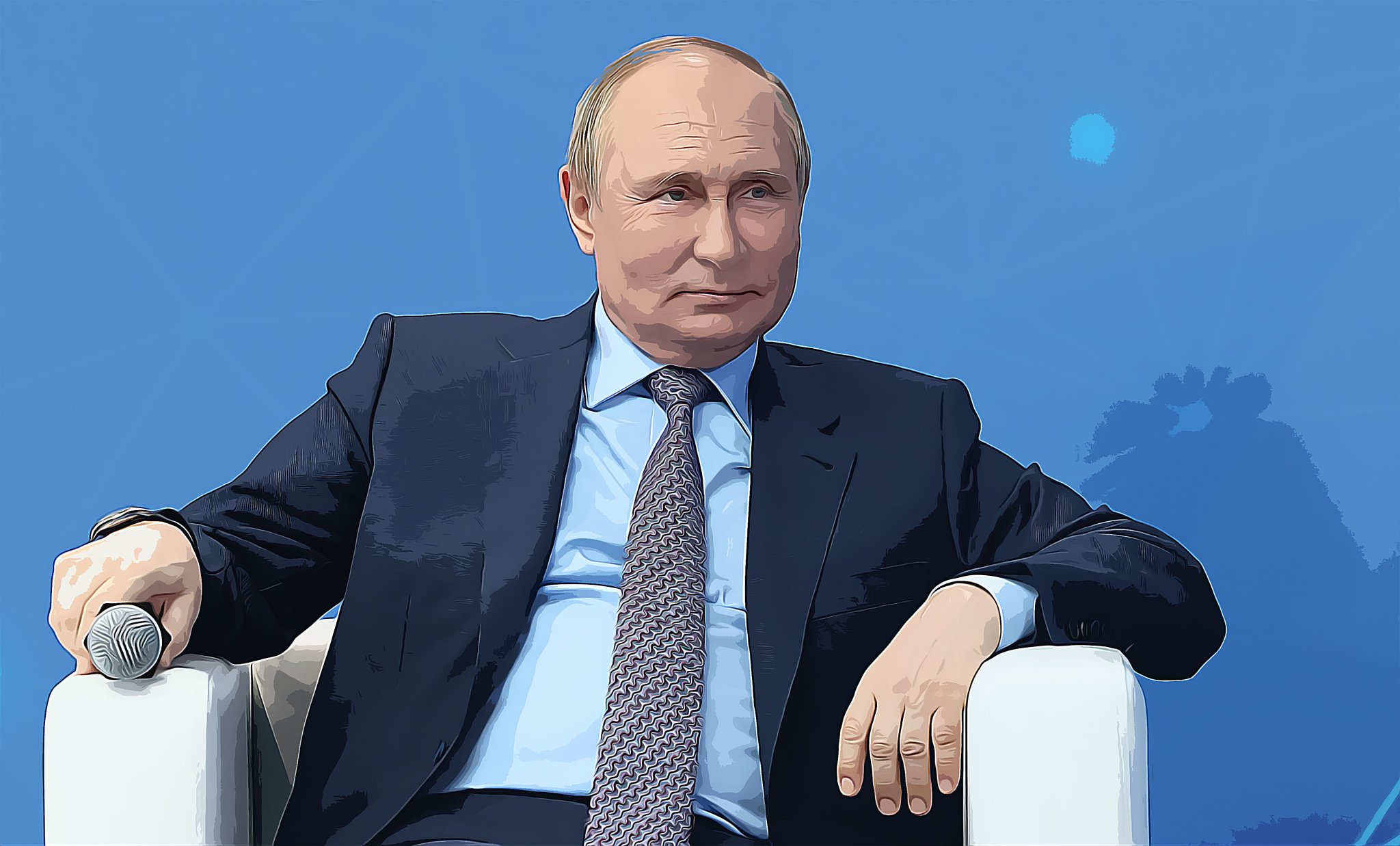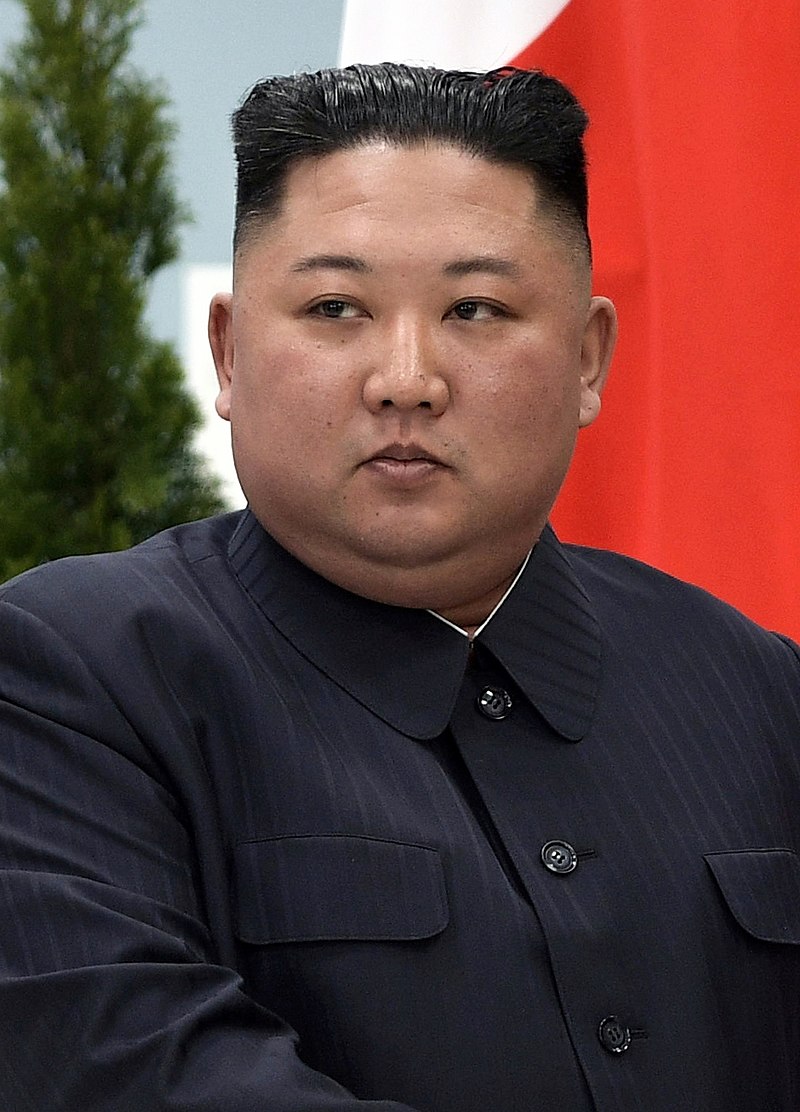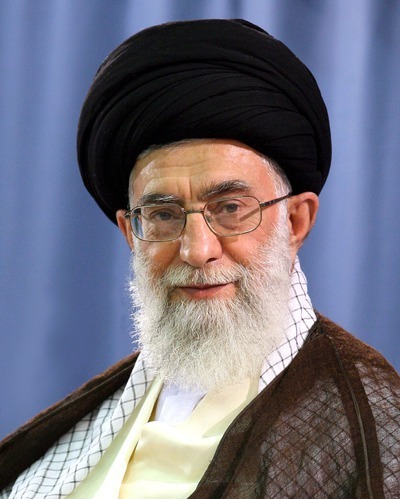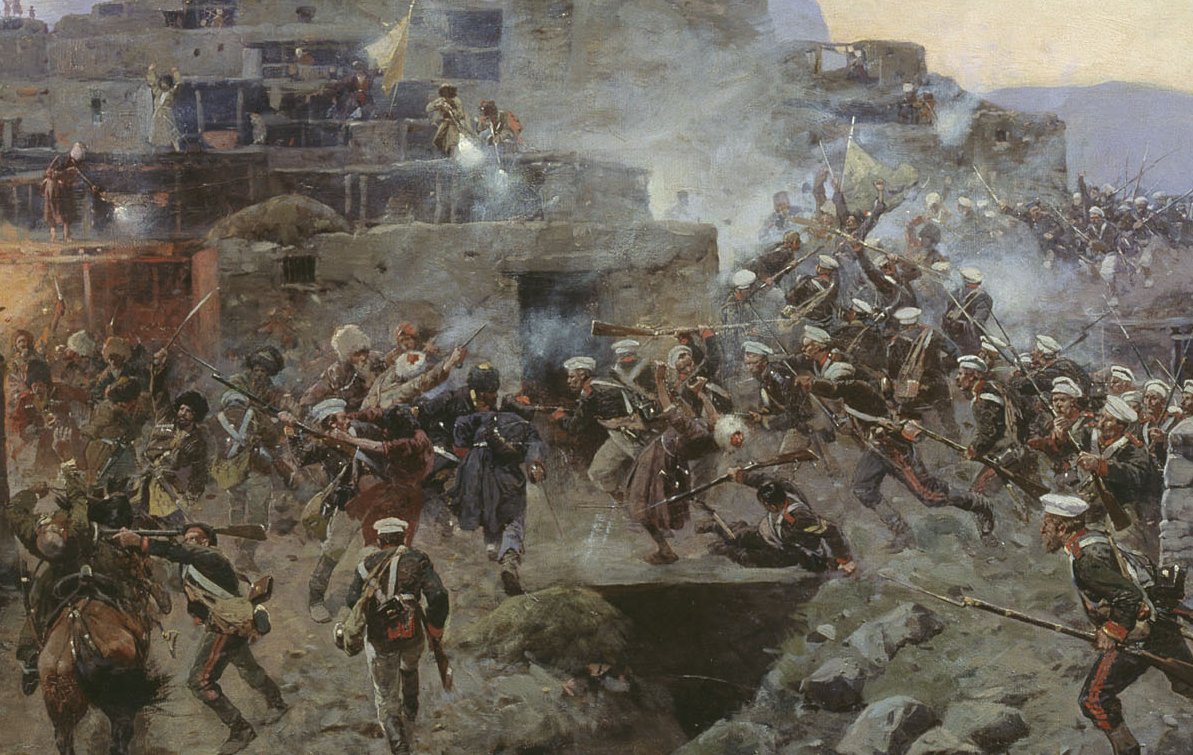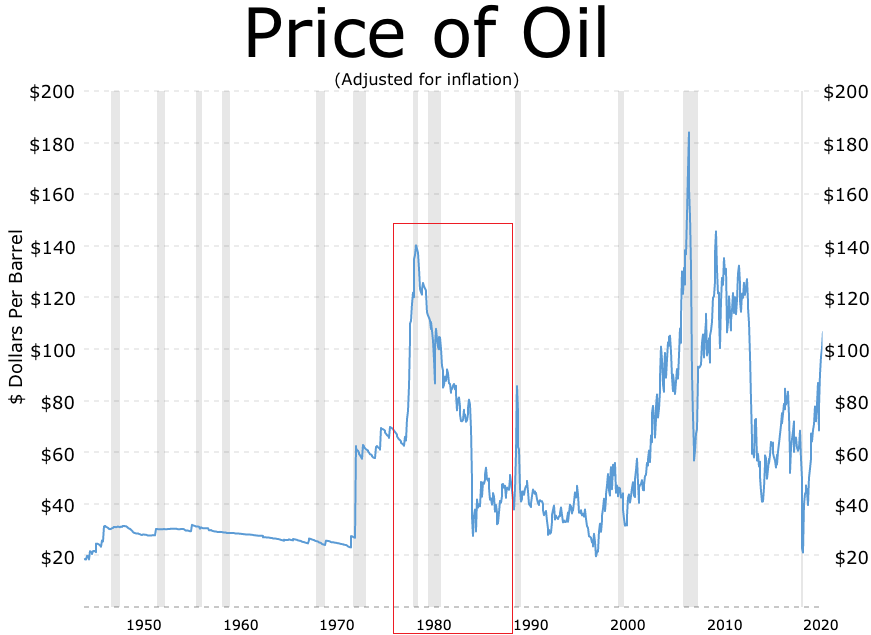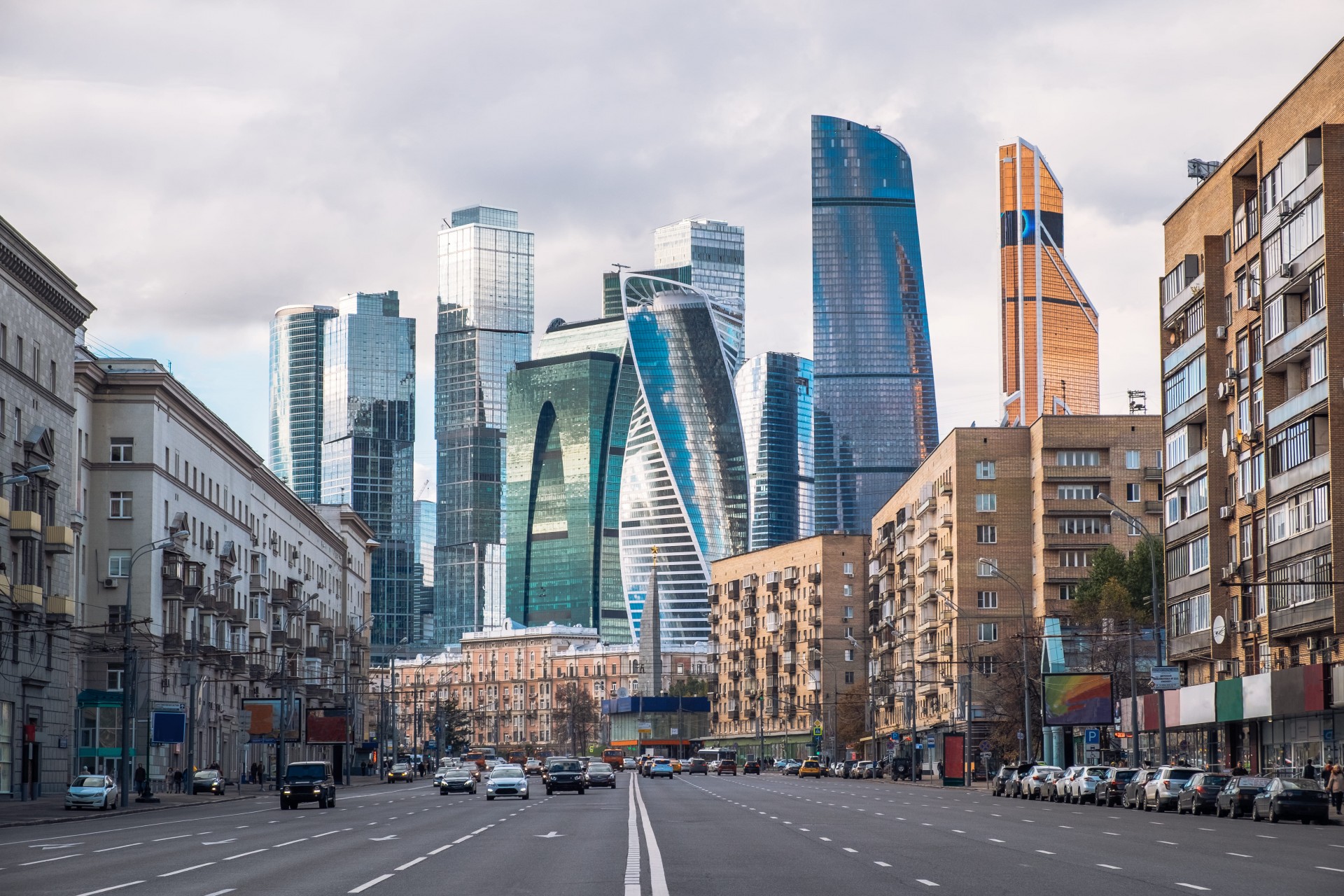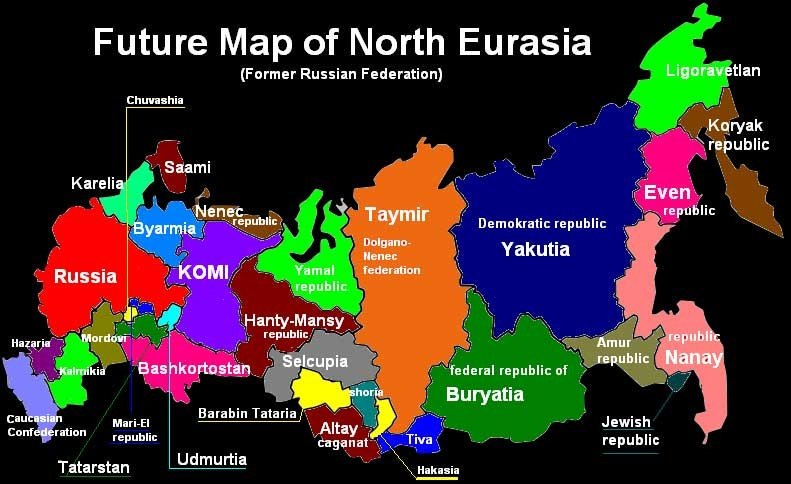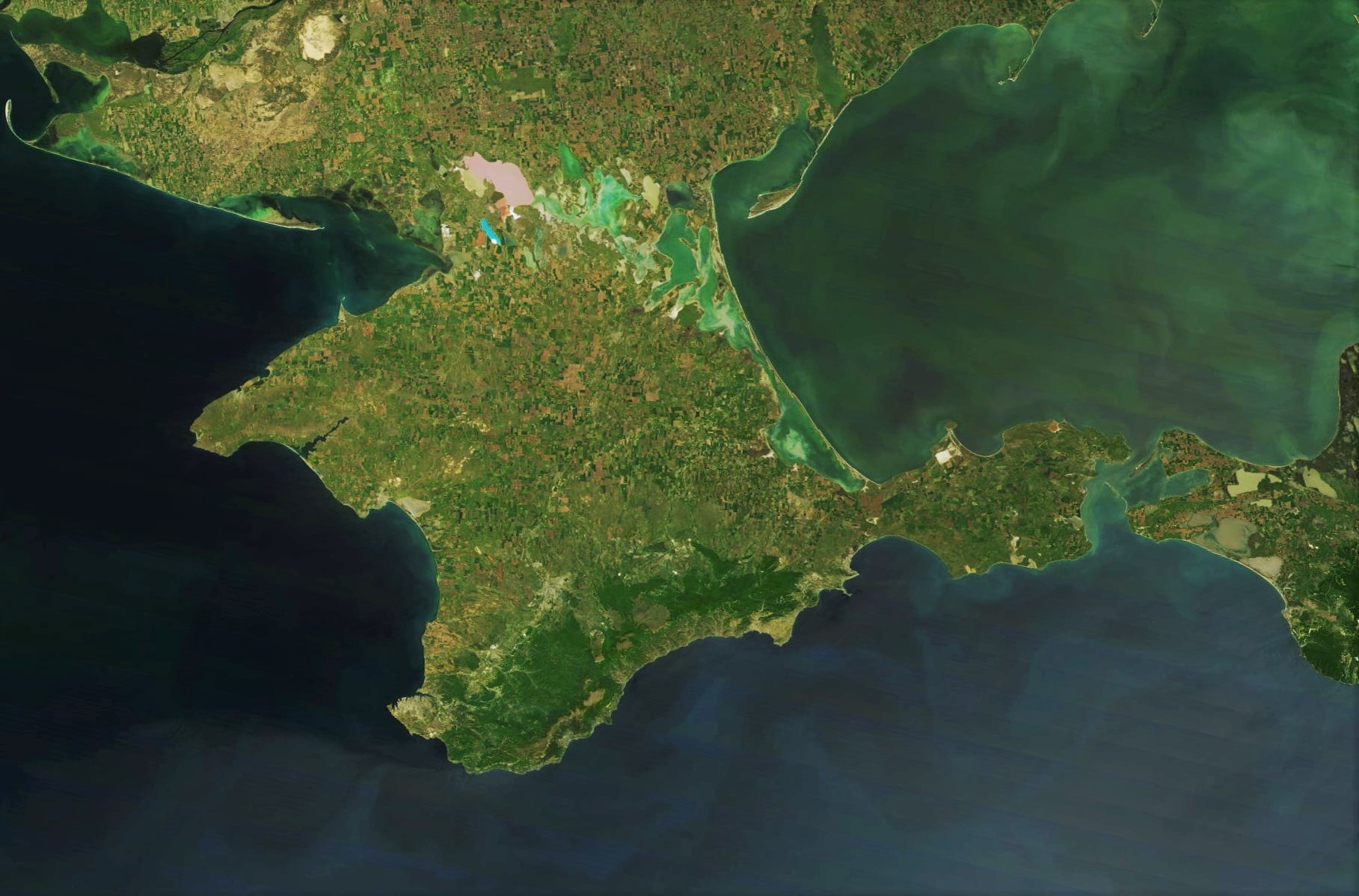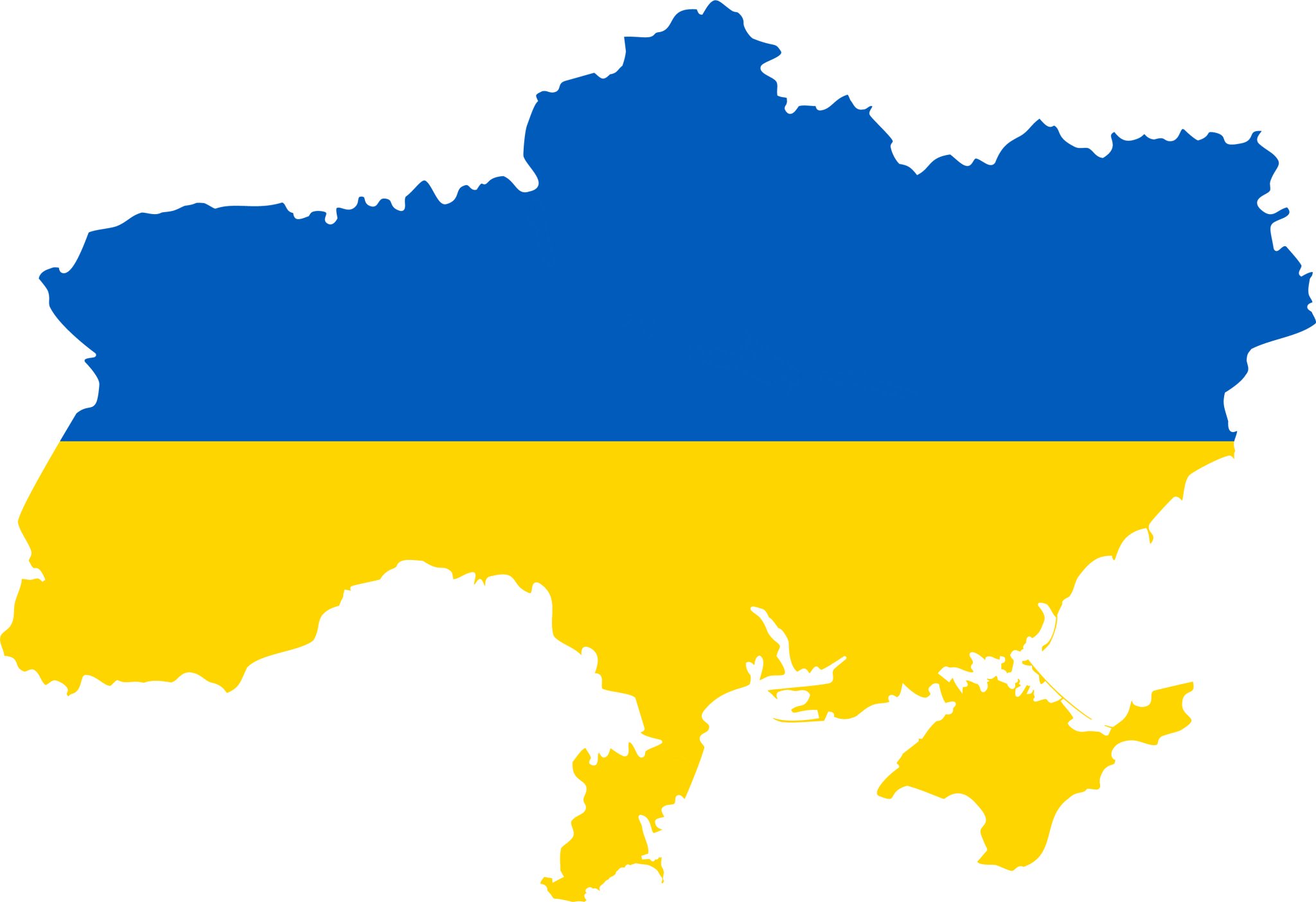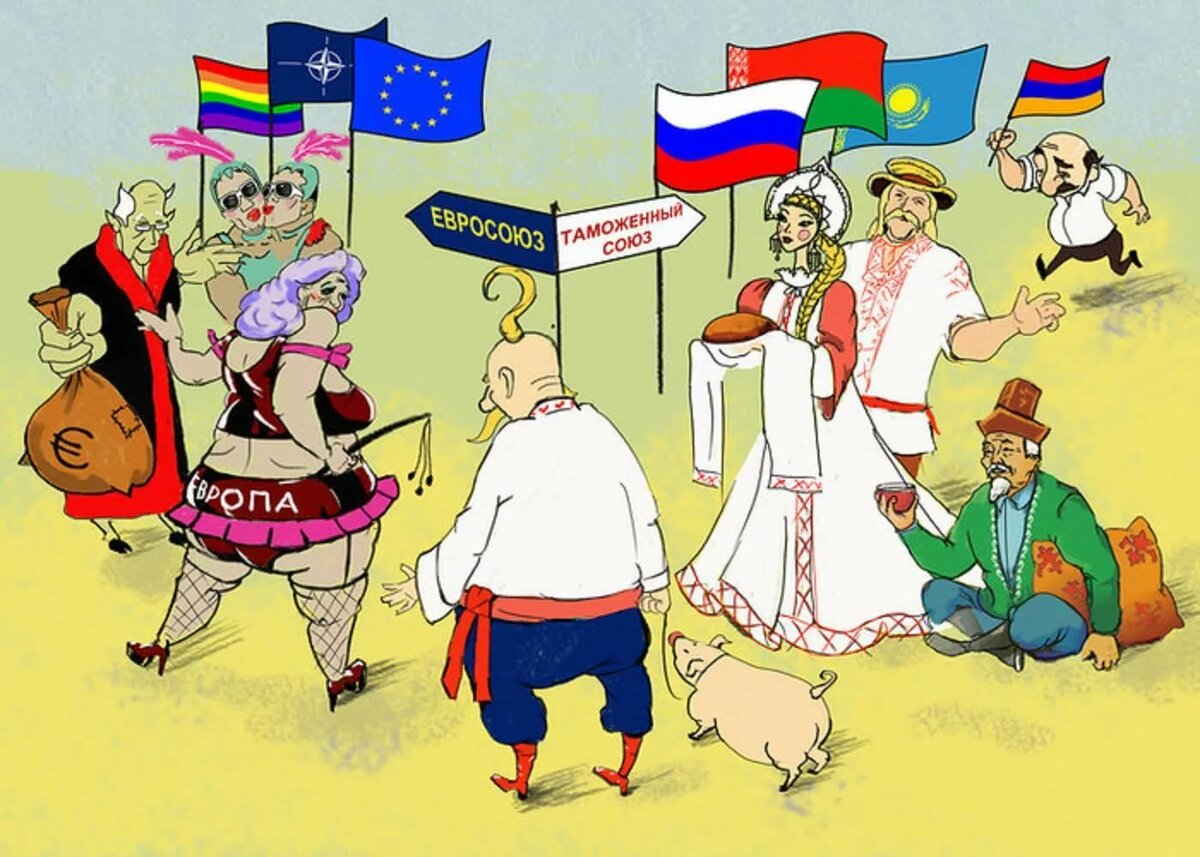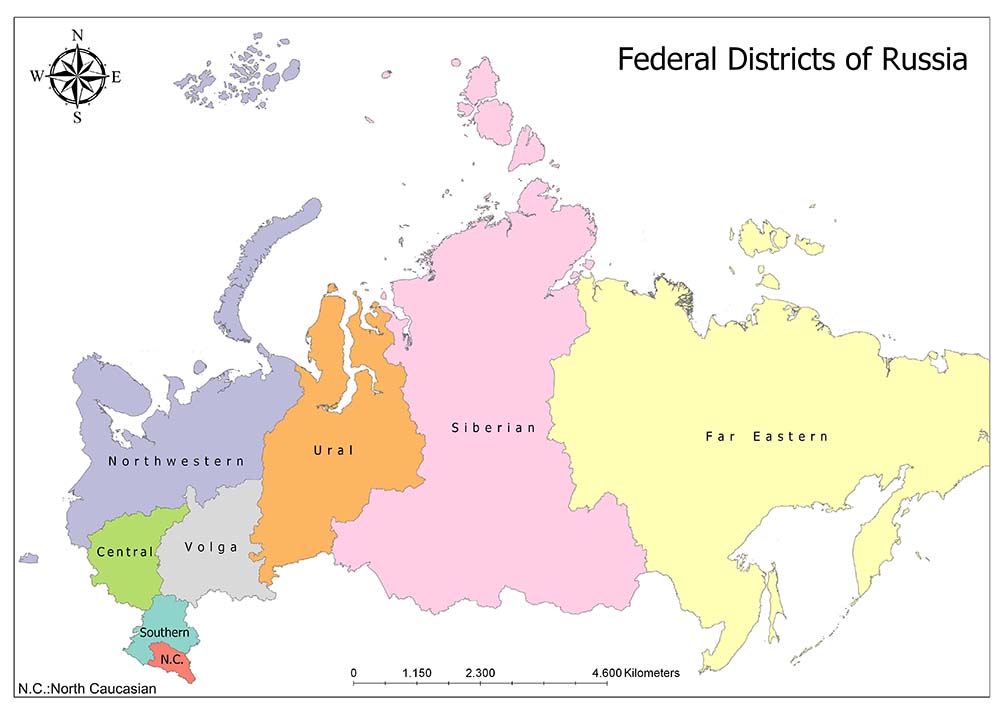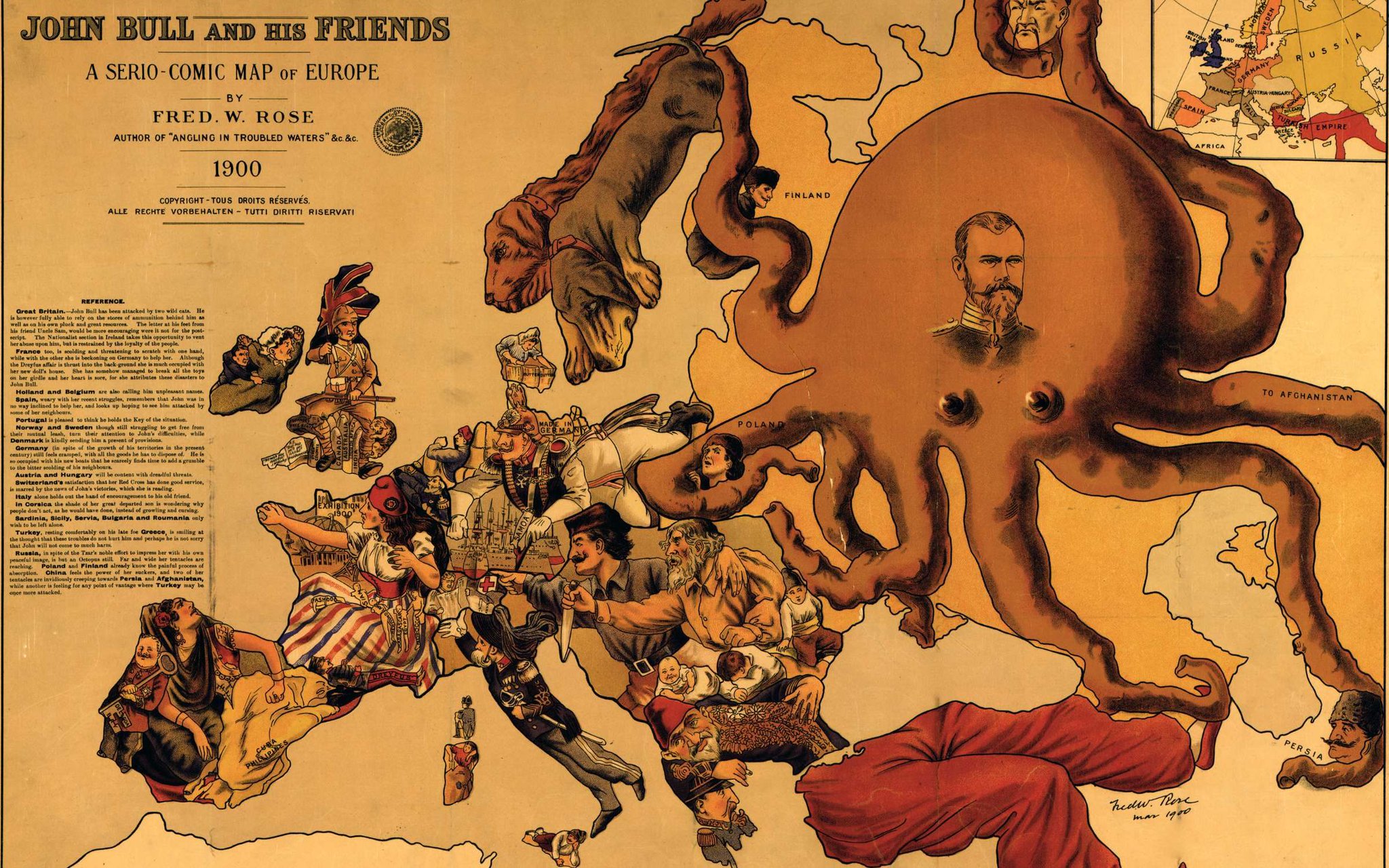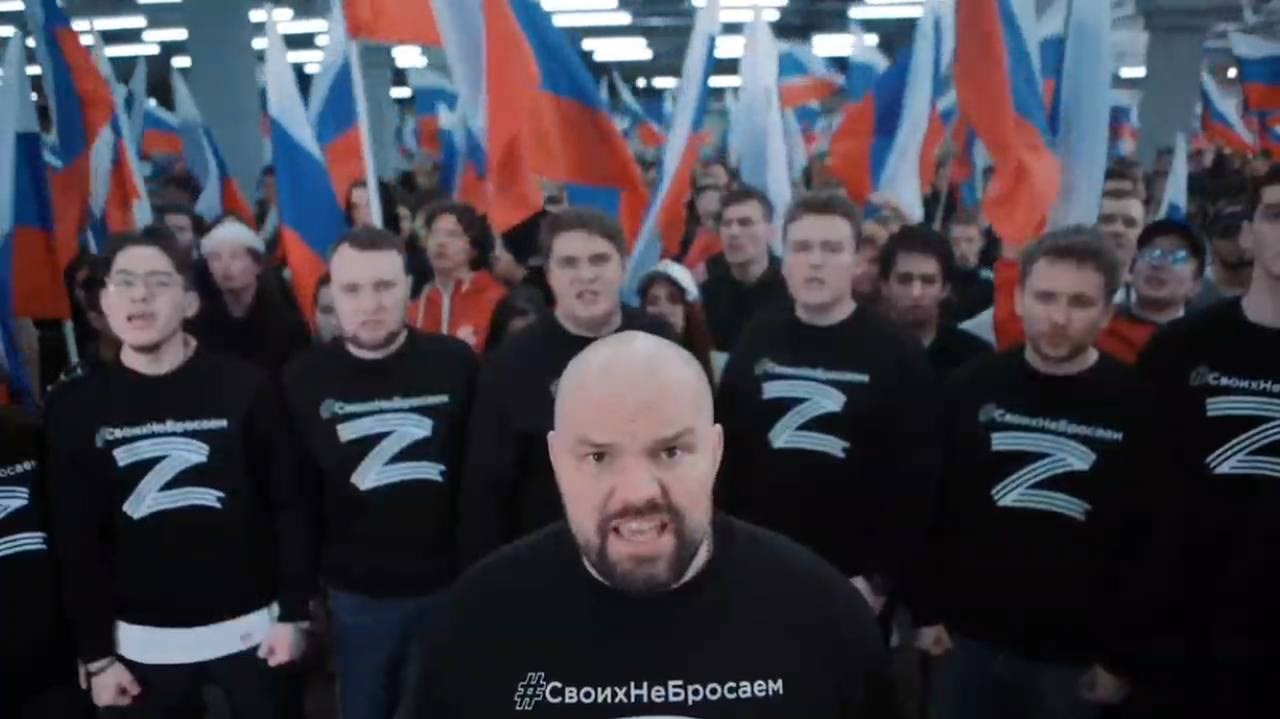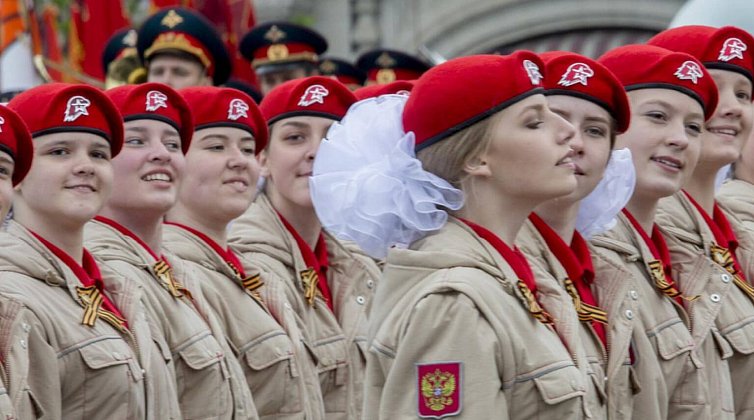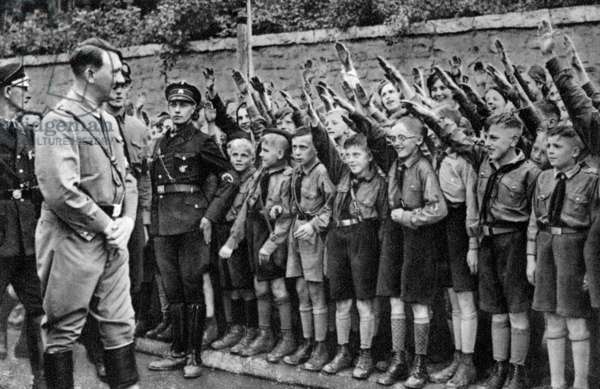Thread
On the fate of Russia and a way out of the war(s), Part 3
Part 1 & 2 recap:
- The Russian Federation is a colonial empire as expressed in its internal political and economic structure.
- In its foreign policy the empire uses intimidation for economic and influence gain.
Part 1 & 2 recap:
- The Russian Federation is a colonial empire as expressed in its internal political and economic structure.
- In its foreign policy the empire uses intimidation for economic and influence gain.
- When intimidation doesn't work the empire uses brute force.
- Treaties are honored until they suit the needs of the empire.
- Fall of the current regime won't change much.
- The colonial structure is too lucrative for the metropole to surrender.
Part 2:
- Treaties are honored until they suit the needs of the empire.
- Fall of the current regime won't change much.
- The colonial structure is too lucrative for the metropole to surrender.
Part 2:
- The empire will continue to find external threats to maintain its stranglehold on the colonies.
- Chauvinistic culture of ethnic Russian exceptionalism would justify any aggression.
We finally get to discuss how to stop the centuries-long trend of genocidal wars by Russia.
- Chauvinistic culture of ethnic Russian exceptionalism would justify any aggression.
We finally get to discuss how to stop the centuries-long trend of genocidal wars by Russia.
Some argue that sanctions don't topple regimes and quickly point to Iran, North Korea, or Cuba. And they are partially right. Iran has been subjected to economic sanctions for the past 40 years. Yet the country remains to be a significant regional player, threatening Israel, etc.
But such thinking does not take into account Russia's colonial war of aggression against Ukraine. Iran is not involved in a large-scale war (when they were they had significant foreign support). Ukraine *is* the hope to end the cycle of Russian aggression.
The war exposes Russia to a plethora of risks, that could be fully exploited through:
- A full embargo on Russia
- Arming Ukraine with what the Ukrainians are requesting
The empire survived WW1, was partially decolonized in 1991, and quickly regressed to its old colonial ways.
- A full embargo on Russia
- Arming Ukraine with what the Ukrainians are requesting
The empire survived WW1, was partially decolonized in 1991, and quickly regressed to its old colonial ways.
In 1991 the can got kicked down the road. The West has the rare opportunity to potentially decolonize an empire without a direct confrontation. Despite the colonial war of aggression against Ichkeria/Chechnya, the world turned a blind eye in the hopes of integration in the 1990s.
In fact, the latest version of the empire got bailed out in the 90s. Russia received billions in foreign aid to undergo "reforms" allowing the new authorities to consolidate their power. They lost the first war in Ichkeria, so they tried again later.
ips-dc.org/aid_to_russia/
ips-dc.org/aid_to_russia/
How would an embargo help? First, it would decrease export cash inflows. For the first 100 days of the full-scale invasion Russia made $1 billion a day in hydrocarbon exports, financing the war. Negotiations with the OPEC are underway to expand production. energyandcleanair.org/publication/russian-fossil-exports-first-100-days
While a full embargo is impossible (China and India), an embargo from the West and an oil production expansion by the OPEC could create an economic climate for Russia reminiscent of the 1980s leading up to the collapse of the USSR. www.bloomberg.com/news/articles/2022-06-17/opec-begins-grappling-with-next-move-as-us-presses-for-mor...
The USSR at the time was invading Afghanistan. However, if that is the strategy that the collective West has chosen, I would advise against such an approach. It would take years, cost hundreds of thousands of lives, and would simply turn Russia into North Korea.
There would be no collapse. The empire is heavily centralized and lacks the administrative divisions of the USSR.
Second, an embargo would cut off Russia's access to the critical technologies that are supplied by the West. The source is RU, no western bias foresight-journal.hse.ru/data/2016/04/03/1127809415/5-Salnikov%20et%20al-53-67.pdf
Second, an embargo would cut off Russia's access to the critical technologies that are supplied by the West. The source is RU, no western bias foresight-journal.hse.ru/data/2016/04/03/1127809415/5-Salnikov%20et%20al-53-67.pdf
Without access to Western tech, most of Russia's heavy industry would cease production, other industries would suffer as well (e.g. modern agriculture is quite digitized). An embargo would put the Russian economy in a chokehold combined with the war burdens. For reference:
The economic strains would encroach into the private lives of the richest citizens of the empire, those living in the metropole (Moscow). Economic pressure does not discriminate by political views. That alone would not be sufficient to cause the sufficient discontent, however.
This gets us to armaments deliveries to Ukraine. The Ukrainians are not asking for a foreign intervention to assist them. They are simply asking for weapons. Sufficient deliveries would allow the Ukrainians to inflict heavy casualties upon the Russians. www.defense.gov/News/News-Stories/Article/Article/3032926/howitzers-proving-very-effective-against-ru...
If heavy casualties are inflicted upon the Russians in a short period of time, it would substantially undermine the morale of the Russian military and public. However, even this might not be sufficient - Ukraine must be given adequate equipment to retake Crimea.
Why? When the Russians annexed the peninsula in 2014, the Russian public underwent the "Crimea syndrome," where the government's public support shot up driven by their ultra-nationalistic pride in the "achievement." Putin's ratings shot up to 87% from 60% (Levada Center).
If Crimea is taken back by Ukraine, I hypothesize that the Russian public would undergo the reverse of the "Crimea syndrome."
Embargo economic pressures, the shock value of quick and heavy casualties, and the retaking of Crimea would create critical levels of discontent in Russia
Embargo economic pressures, the shock value of quick and heavy casualties, and the retaking of Crimea would create critical levels of discontent in Russia
Instead of drip-level deliveries and sanctions against Russia, attempting to exhaust the empire, Ukraine should be flooded with the requested equipment and an embargo should be imposed on Russia. This would end the empire through the political opportunism of the ruling elites.
NB: No country of import considers Crimea to be a legitimate part of Russia. The Russian nuclear doctrine, hence, is not recognized. The Russians know it. They want the world to think they are crazy. They are not, neither they are stupid. It is a gopnik tactic of intimidation.
There are historical precedents where the weakened state of the Russian central authorities sometimes accompanied by economic struggles sparked revolutions and rebellions. Let's briefly consider 1905, 1917, and 1941 as examples.
In 1904, the Russian and Japanese empires went to war. The Russian Empire, being a European power, was expected domestically and abroad to win this war. It was expected to be "a small victory-bringing war" as the Russians called it. www.britannica.com/event/Russo-Japanese-War
However, in 1905 Russia was defeated. Russia lost its Pacific and Baltic fleets. Port Arthur, "leased" from the Chinese was ceded to the Japanese, half of the Sakhalin island was occupied. The humiliating defeat along with the economic strains precipitated the 1905 revolution.
The revolution failed to topple the regime but succeeded in creating a technically constitutional monarchy with the establishment of the State Duma. Over 18,000 people were killed. Stolypin was appointed prime minister who employed a heavyhanded approach.
www.britannica.com/event/Russian-Revolution-of-1905
www.britannica.com/event/Russian-Revolution-of-1905
It was failed revolution but created cracks in the ruling regime that would yield fruits in 1917. Two revolutions took place that year. First, the February Revolution ended the monarchy. www.britannica.com/event/Russian-Revolution
Again, the revolution was incited by the heavy losses on the frontlines of WW1, economic hardships, the nascent political parties, and the gradual rise of nationalism among the colonies. The provisional government did not last long either. The October Revolution followed.
Given the provisional government did not pull out of the war, the casualties continued to mount. The Bolsheviks seized the opportunity and took power. In 1918 the Bolsheviks signed the Brest-Litovsk Treaty pulling out of WW1 (with the Russian Civil War well underway).
Notice the pattern? Bad economy, war losses, discontent with the authorities. Another example that is never mentioned by Russian sources is 1941. Inspired by the USSR's lackluster performance in the invasion of Finland, the Chechens and Ingushes rebelled.
oxford.universitypressscholarship.com/view/10.1093/oso/9780190889890.001.0001/oso-9780190889890-chapt...
oxford.universitypressscholarship.com/view/10.1093/oso/9780190889890.001.0001/oso-9780190889890-chapt...
They established a guerrilla movement for independence under the leadership of Khasan Israilov, a Chechen journalist and poet. The Soviet government did not respond immediately and in 1941 they were too busy. The insurrection started small but went into full gear in 1942.
The same year the rebels allegedly received support from the Third Reich. The Soviets responded with carpet bombings and reprisals against local civilians. By 1944 the rebellion was quelled and the survivors were deported en masse to Kazakhstan and Siberia www.rferl.org/a/chechen-deportation-1944-survivors/25273614.html
So, we had a look at ~40 years of the empire's history and every military failure sometimes accompanied by economic hardships caused rebellions or outright revolutions. I didn't consider the Soviet Invasion of Afghanistan as it was a slow grind to collapse history.state.gov/milestones/1977-1980/soviet-invasion-afghanistan
Adequately supported, supplied with requested equipment, Ukraine can be a lot worse for the empire than Afghanistan. An outright military defeat of the empire, with both Crimea and the Donbas retaken by Ukraine, could be a disaster for Russia, while under sanctions.
Why? An outright military victory of the Ukrainians would be a cultural shock to the Russians. The empire's propaganda for many decades told the Russians of two things:
- the Ukrainians are inferior to the Russians
- the Ukrainians are just inferior Russians
- the Ukrainians are inferior to the Russians
- the Ukrainians are just inferior Russians
The messages are not unique to the current regime in the Kremlin. The Ukrainians had their culture either appropriated or destroyed by the metropole, under tsarist and soviet regimes. Here's a great thread on how soviet movies denigrated the Ukrainians.
Of course, the Ukrainians were not the only targets of the Russian colonial destruction. No former Soviet republic/colony, experienced a friendly takeover by the metropole. In the prior parts, I also discussed why regions within the Federation are colonies (Moscow in Central FD)
The Russians consider their imperial past to be a force for good civilizing the neighboring "savages." It is a fairy tale that they have been and still believe in. The version of history *they* know is based on falsehoods and missing facts. They were never held accountable.
@EricaMarat and @BotakozKassymb1 wrote an excellent piece on Russia's imperial past denial. They say that "Decolonizing Russia and challenging its imperial innocence will not be easy..." I won't summarize it, read it all: www.ponarseurasia.org/time-to-question-russias-imperial-innocence/
By denying their genocidal past, having a culture filled with ethnic Russian exceptionalism, and maintaining a colonial empire feeding the metropole, the Russians laid the grounds for something terrible, that no Western scholar or pundit is *yet* saying: Russia is a Nazi country.
Yes, the Russian Federation is not just an empire. Nazi Russia is an empire. In Germany post-WW1 rampant revanchism and jingoism led to the rise of the NSDAP. The problem in Russia is a lot more deeply rooted, as ethnic Russian exceptionalism has been cultivated for centuries.
It doesn't matter that the Russian propaganda is unstructured spewing a dozen of falsehoods at a time, giving everyone a version of "truth" to believe in. Russia has a belief system with built-in supremacy nurtured through education and hist. revisionism. www.rand.org/content/dam/rand/pubs/perspectives/PE100/PE198/RAND_PE198.pdf
Some experts are already calling Russia a fascist state. Of course, there are opposing opinions, that mostly boil down to "it is all about Putin's cult" ergo "Russia is not fascist." www.rferl.org/a/russia-repressive-aggressive-not-fascist/31794918.html
www.nytimes.com/2022/05/19/opinion/russia-fascism-ukraine-putin.html
www.nytimes.com/2022/05/19/opinion/russia-fascism-ukraine-putin.html
For the billionth time, Putin is a symptom of a systemic problem. He is a product of the Russian system. I am yet again referencing my own thread below. Their fascist regime combined with the ethnocentric culture of Russian supremacy produced Nazi Russia.
In the past 20 years, Russia started replicating the archnemesis of the old in their victory death-frenzy cult, Nazi Germany. @sumlenny has quite a few threads outlining the little things that Russia copies from the original Nazis. For example:
However, some major features introduced by the NSDAP are also imitated by Russia. First is Yunarmiya, or Youth Army. The youth organization was established in 2015 by a presidential decree. Headquartered in Moscow, the organization is subordinate to the MOD via the founding orgs.
The official mission of the organization includes promoting state policies among the youth, developing the strength of character of its members, preparing future patriots to defend the motherland, etc. Reminds you of anything? To me, it is highly reminiscent of the Hitlerjugend.
Yunarmiya does have something that the Hitlerjugend did not have. The Russians made a highly militaristic website for their knock-off. Just browse it, one does not need to understand Russian to "enjoy" the visuals: yunarmy.ru/
As of the end of 2021, membership in Russia's Hitlerjugend exceeded one million. www.kommersant.ru/doc/5116296
The second feature imitated is the concept of Russkyi Mir (RM). While it is not well defined, it is very reminiscent of the Nazi Lebensraum. I discussed it previously:
Almost everyone knows of Putin's claim that the collapse of the USSR was "the greatest geopolitical catastrophe of the 20th century." However, what he said after gives a clue as to what he understands under the concept of Russkyi Mir. www.rferl.org/a/1058688.html
"For the Russian people, [the collapse] became a real drama. Tens of millions of our citizens and countrymen found themselves outside Russian territory." It is safe to conjecture that all former colonies especially those with a large ethnic Russian population are part of the RM.
Finally, Russia has government officials (e.g. Rogozin), military organizations integrated into the MOD (e.g. DShRG Rusich), and media outlets (e.g. Tsargrad) of outright ultra-far-right character. The problem is nationwide and stems from their culture of ethnic exceptionalism.
Back in 1995 the president of Ichkeria, Dzhokhar Dudayev, named the fledgling Russian ethnocentric fascism "ruscism." In 2008, following the Russian invasion of Georgia, the term transformed into "rashism." languagelog.ldc.upenn.edu/nll/?p=54306
In 2014, following the Russian invasion of Ukraine, the term "rashism" became common in Ukraine. However, no matter what labels are attached to it, it is still a Russian version Nazism, that was cultivated for at least a century and went into overdrive in the past 20 years.
Here is some anecdotal evidence of ethnic Russian exceptionalism:
While Nazi Germany was utterly crushed by the Allies in WW2, the same will have to be done to Russia eventually *if* Ukraine is not assisted adequately now. It is cheaper to assist Ukraine now, rather than fight the Russians later, perhaps in 15-20 years.
We have already established the Russian pattern of behavior in parts 1 and 2. Change of the regime won't help. The rashist culture of supremacy would experience an irrecoverable shock to the foundations of their society if they are defeated by the Ukrainians.
Following their defeat, the rashist empire might very well fracture into various duchies and principalities, especially as the sanctions slowly choke their economy. And no, I don't think that any of them will be democracies. At least not from the start.
The Russian society would have to undergo denazification (the irony of my proposal does not escape me). Collective guilt and responsibility for their past and present transgressions would have to be taken by every Russian.
Collective punishment is already imposed upon the Russians through economic sanctions. They would also need to understand why their society is undergoing denazification. It would require countering the disinformation damage from their propaganda and significant education reforms.
Signification educational reforms will have to undo the promotion of ethnic Russian exceptionalism taught by Russian literature and their historical revisionism. It will take years, perhaps, generations.
I might discuss their literature and historical revisionism in a separate thread. But for now, this is the end of this three-part thread.
End of thread.
End of thread.
Mentions
There are no mentions of this content so far.
